What’s a gap year exactly?
It specifically means taking a year off between high school and college. Many universities let you defer admission for a year. And you can use the time to learn, travel, and think about what you want to study and do with your life.
The gap year is becoming more popular. Major universities have seen an increase in the number of students taking a gap year.
The advantages of a gap year are clear. Gap-year students achieve higher GPAs once they return to the classroom. The break gives them the perspective and mindset they need to succeed on a college campus.
As you can see, a gap year makes sense if you’re not yet ready for college or work. It can put you in the right frame of mind for your next step in life.
The question is: Where will you go? While a gap year in Europe or the USA may seem like the standard option, you have the whole world at your fingertips.
Enter Asia—your destination for the gap year adventure of a lifetime.
How You Can Spend Your Gap Year in Asia
In one trip, you could do all this:
Clearly, Asia has what you need for the ultimate adventure. So, how do you make a gap year in Asia happen?
You could fly to a city in Asia and see what happens. But that wouldn’t be smart. You need a plan. And you need to decide what you want out of your gap year.
Below, we’ll lay out the different options you have for a gap year in Asia. Your options include everything from traveling around Thailand to teaching English in Japan. With proper planning, you can boost your resume, learn new skills, make friends, and have a life-changing experience.
Here are several ways to do a gap year in Asia:
1. Intern Abroad in Asia
In terms of continents, Asia is the largest economy in the world. Internships here can provide you with valuable experience in everything from education and medicine to finance and international trade.
Explore the following Internship providers in Asia!
Embarking on an internship in Asia with Intern Abroad HQ is an incredible way to develop hands-on skills, immerse yourself in unique cultures, and experience some of the world’s most breathtaking landscapes.
- Bali Internships: For those looking to intern in Bali, you’ll find yourself surrounded by stunning beaches, lush rice terraces, and vibrant cultural traditions. Bali offers diverse internship opportunities across fields like Event Management, Marketing, Media, Architecture, Fashion, and Civil Engineering. Interns collaborate in small teams, working on real-life projects such as promoting tourism and hospitality. Interns are based in bustling areas like Seminyak, Canggu, or the central cultural hub of Ubud, providing a rich blend of professional and cultural experiences.
- Japan Internships: Tokyo, Japan’s capital, combines ancient cultural heritage with cutting-edge technology. Internships here range from Business Development and Marketing to IT. Tokyo’s thriving business environment offers interns a close-up view of Japanese work culture. With Japanese language lessons available and an immersive environment, this internship provides an exceptional cultural and professional foundation.
- South Korea Internships: Interning in Seoul presents a unique opportunity to dive into South Korea’s booming industries and rich heritage. From Business Development and Education to Information Technology and Graphic Design, Seoul’s internships are perfect for building professional competence and learning in a globally connected hub. Interns may assist in NGOs, participate in PR and marketing projects, or engage with Korea’s vibrant tourism industry. Residing in the bustling Seoul Capital Area, interns have the chance to experience local life and contribute meaningfully to their chosen fields.
- Marine Conservation on Koh Tao: This internship in Thailand is designed to build underwater research skills and knowledge about coral ecosystems, helping to monitor and protect the island’s vibrant marine biodiversity. Interns undergo comprehensive scuba diving training, making it an exciting and impactful choice for those looking to pursue environmental work.
GoEco’s internships in Sri Lanka provide invaluable hands-on experience in the medical and veterinary fields.
In the Medical and Nursing Program in Galle, interns observe and assist in diverse healthcare settings, gaining practical insights while enjoying cultural excursions and beachside living. The Dog Care and Veterinary Assistance program in Ahangama offers experience in animal care, including feeding, rehabilitation, and support for veterinary students to participate in procedures.
Participants stay in comfortable villas near Unawatuna Beach, with opportunities to explore Sri Lanka’s beautiful coast and cultural landmarks on weekends. These programs combine professional growth with the thrill of discovery.
Projects Abroad offers a range of impactful internships across Asia, including medical, veterinary, and business placements.
In Sri Lanka, interns gain practical experience in fields like medicine, veterinary care, and nursing, observing professionals in settings from hospitals to animal clinics. Opportunities also extend to Nepal, Mongolia, Cambodia, and the Philippines, where participants can engage in unique fields such as dentistry, engineering, psychology, and law.
Each program fosters professional growth and skill-building, from communication to hands-on expertise, while exploring local cultures.
IVI offers diverse internships in Asia, providing meaningful experiences across fields like hospitality, healthcare, and veterinary care.
The Hospitality & Tourism Internship in Otaki, Japan, lets interns support sustainable tourism initiatives, engaging in tasks from serving in local restaurants to helping with construction. In the Philippines, the Rural Medical Internship allows participants to assist in healthcare clinics, supporting medical staff and educating communities on health practices. Meanwhile, in Sri Lanka and Nepal, medical and dental interns gain hands-on exposure by shadowing professionals in hospitals, just like in India.
Each internship combines professional development with cultural immersion, supporting impactful local initiatives.
VolSol offers impactful internships across Asia, where participants gain hands-on experience in medicine and healthcare.
In India, interns shadow professionals in hospitals in New Delhi and Jaipur, rotating through various departments. In Nepal, participants join local hospitals and clinics, working alongside healthcare teams and even organizing community health camps. Thailand’s program in Chiang Mai allows interns to observe in departments such as surgery and orthopedics. In Sri Lanka, interns experience healthcare in Galle, rotating between hospital wards and learning directly from local experts.
These programs offer meaningful experiences and cultural immersion for aspiring healthcare professionals.
Global Vision International (GVI) offers diverse internships across Asia.
In Thailand, interns can join projects focused on elephant conservation, gibbon research, marine conservation, global health, and teaching English. The Cambodia-based programs in Siem Reap offer community development and gender equality internships, combining teaching, empowerment, and sustainable development. In Nepal, interns participate in international development, gender equality, and women’s empowerment programs in Pokhara, offering hands-on experience in community-led projects.
With projects aligned to UN Sustainable Development Goals, GVI internships combine cultural immersion and career-building experiences in conservation and social impact.
3. Get a Working Holiday Visa to Asia
A working holiday visa allows you to combine a job with vacationing. While not every Asian nation has a working holiday visa scheme, several do.
Before you apply for a working holiday visa, note the requirements for each country’s temporary work visa program. There are job type restrictions as well as requirements for citizenship, age, savings, and length of stay.
For example, Singapore, an economic hub and exciting vacation destination, offers working holiday passes.
Another common country for working holiday visas to Asia is South Korea. Through South Korea’s Working Holiday Program (WHP), the H-1 Visa, you can work in a variety of fields, such as marketing, tourism, and business. There are job type restrictions, though. For instance, you can’t work in entertainment fields like dancing, singing, and music, as well as industries that require licensing such as medicine and law.
Japan also has a working holiday program with 23 countries and regions. For positions through Japan’s temporary work scheme, you have lots of options, from ski resort jobs to English teaching to service industry work.
A working holiday visa is a great way to spend your gap year in Asia because it takes away the financial concerns of living abroad. You can earn money working part- or full-time. And when you’re not on the job, you can enjoy life in your new country and travel around Asia.
4. Study a Language in Asia
Learning a second language can improve your future job prospects, as well as give you a deeper understanding of another culture. Learning a second language also benefits cognitive function, neuroscientists find.
Clearly, you have the incentive to study another language. And Asia, with its booming economies and growing importance on the world stage, is a great place to learn a new language.
You could even combine an internship with language learning. Intern Abroad HQ’s internships in Japan include Japanese language lessons. Learn the language of a vital international market as you gain work experience and acquire skills!
The Language & Orientation Week in India and Nepal with Volunteering Solutions offers volunteers an immersive introduction to local languages, cultures, and history before starting their volunteer programs. In Delhi, India, volunteers learn basic Hindi phrases, gain insights into Indian customs, and explore iconic sites like the Qutab Minar, Lotus Temple, and the Taj Mahal. Interactive sessions include lessons on India’s social structure, arranged marriages, and Bollywood films. In Kathmandu, Nepal, volunteers dive into Nepali language basics and culture, with guided tours to historic sites like Swayambhunath (Monkey Temple) and Bhaktapur Durbar Square.
Both programs include airport transfers, shared accommodations, vegetarian meals in India, and typical Nepali dishes in Kathmandu. These optional weeks, starting every 1st and 3rd Monday, provide a solid cultural foundation, ensuring a smoother transition and deeper understanding for volunteers in both countries. Each week costs $250, with additional fees for excursions to iconic landmarks.
5. Do Freelance Work and Travel Around Asia
Depending on your skills and experience, you could find paid freelance work as you spend your gap year in Asia. Some of the most popular digital nomad jobs include:
- Online tutoring in your subject of expertise (try sites like TutorMe and Wyzant to get started)
- Computer and information technology jobs, such as website development, app development, and software engineering
- Remote customer support jobs
- Creative work, like photography, graphic design, and fashion design (check platforms like 99Designs)
- Freelance writing (get started on sites like Upwork)
With these jobs, all you need is an internet connection and flexibility with your time. What’s great is that Asia is full of great digital nomad cities. Many places offer affordability, entertainment, and safety, along with great amenities and infrastructure (fast internet and good healthcare and transportation).
6. Go on a Gap Year Travel Program in Asia
Planning a gap year can get tricky, especially if you’ll be traversing a continent as large as Asia. Here’s some advice: Begin with a gap year travel program. That will allow you to get to know the continent and see what places you like. While traveling, you can decide your next steps for your gap year in Asia.
Look at some gap year travel options for Asia below:
- International Volunteer HQ (IVHQ) offers some of the world’s most enriching gap year programs, perfect for those eager to embrace new cultures and gain hands-on experience.
Feeling ambitious? Then join Projects Abroad on the global adventure of a lifetime! Projects Abroad, an organization that’s served more than 122,000 volunteers and travelers since 1992, plan it all out for you.
The Global Gap Year trip begins in South America and then takes you to Africa. After that, you’ll go to Asia, where travel highlights include volunteering on a Himalayan conservation project in Nepal and public health volunteering in Cambodia.
Experience transformative travel with Projects Abroad’s Gap Programs in Southeast Asia, offering 6- to 10-week adventures through Nepal, Cambodia, Thailand, and Vietnam. Tailored for young travelers (17-24), these programs combine hands-on volunteering with cultural immersion. Highlights include classroom building in Nepal, childcare and public health projects in Cambodia, conservation efforts, and exploring iconic sites like Angkor Wat and Chitwan National Park.
The programs feature five key components: Adventure (hiking, rafting, wildlife encounters), Community (volunteering, conservation), Exploration (off-grid experiences, cultural learning), People & Planet (sustainability, local insights), and Transformation (self-discovery and skill-building). All logistics are organized, covering meals, accommodation, activities, and support, ensuring a safe, meaningful, and unforgettable gap year experience.
7. Volunteer Abroad in Asia
Volunteering abroad not only offers you a way to do good and immerse yourself in local culture as you travel around Asia, but it can also make your trip more affordable. Lots of great volunteer abroad organizations have projects throughout Asia. Many have low fees and provide lodging, meals, in-country transportation, and other benefits (that reduces your expenses!).
For more details on volunteering in Asia, check out some of our other guidebooks:
Note: There are many ways to reduce your travel expenses when you volunteer abroad in Asia. Read over our guide on fundraising for your travels.
Making Your Gap Year in Asia a Reality
As you can see, a gap year in Asia is whatever you make of it. Even better, these programs aren’t mutually exclusive. You can combine an organized trip, volunteering with children, international internship, language immersion, and more to make your gap year as memorable as possible.
If budgeting for your gap year in Asia concerns you, understand you have ways to save money. As you probably know, all those expenses add up, from accommodation and airfare to food and souvenirs. You must plan well.
To make your gap year in Asia more affordable, first, adhere to general advice for saving money on travel:
- Fly during non-peak season
- Stay at guesthouses and cheap lodging
- Take bikes and public transportation within the towns
- Eat like a local instead of at Western restaurants
- Use trains and buses to travel around the continent
Furthermore, when choosing gap year programs in Asia, make use of Volunteer Forever’s resources, such as:
Now that you know all about gap years in Asia, you know what’s next: It’s time to plan your adventure and hit the open road! Good luck and have the time of your life.
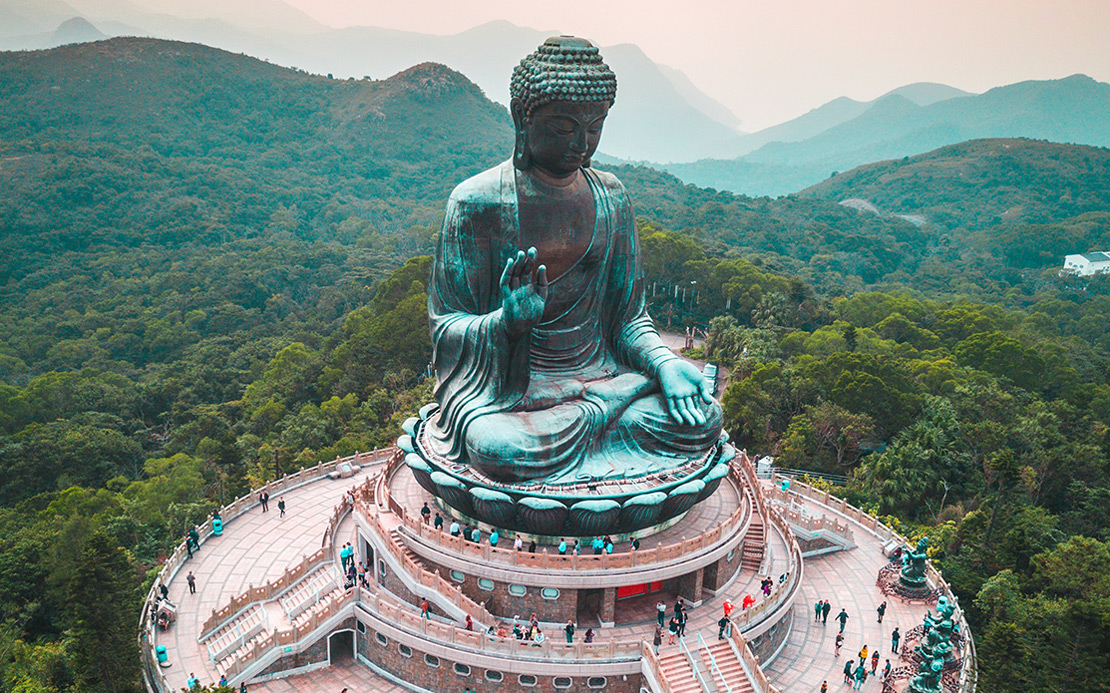













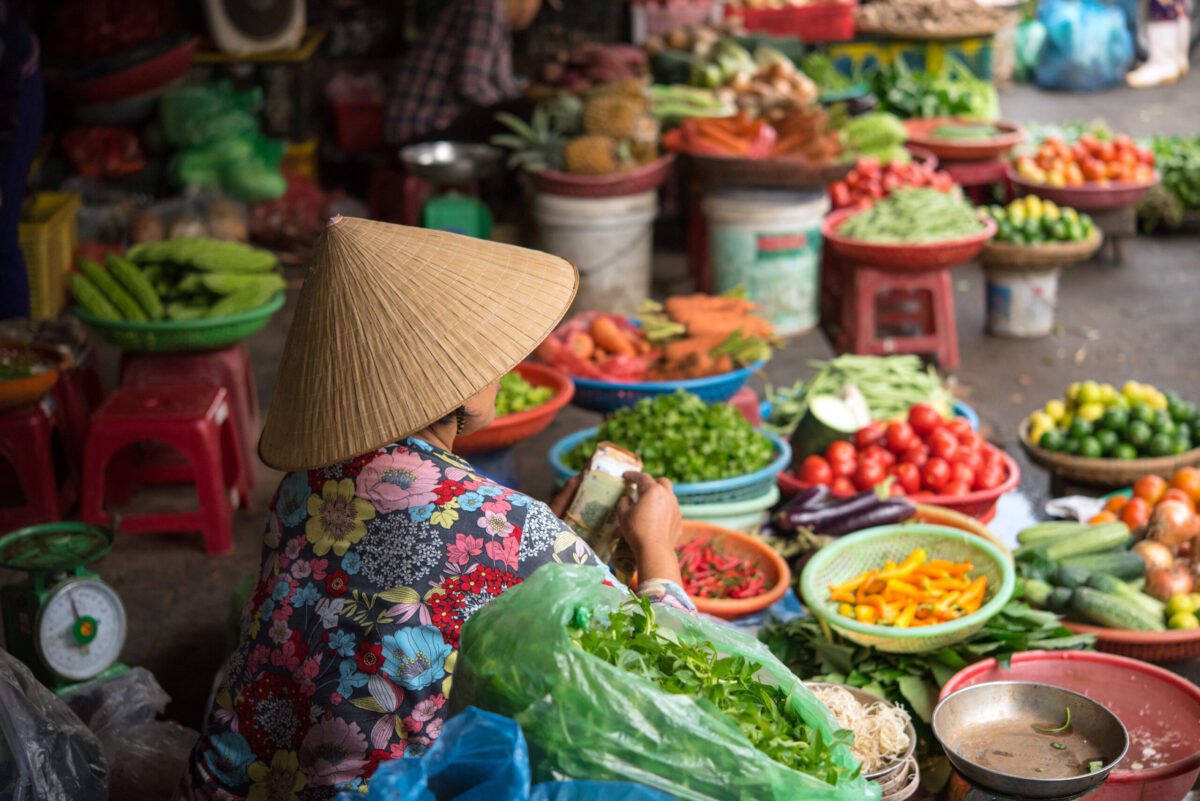


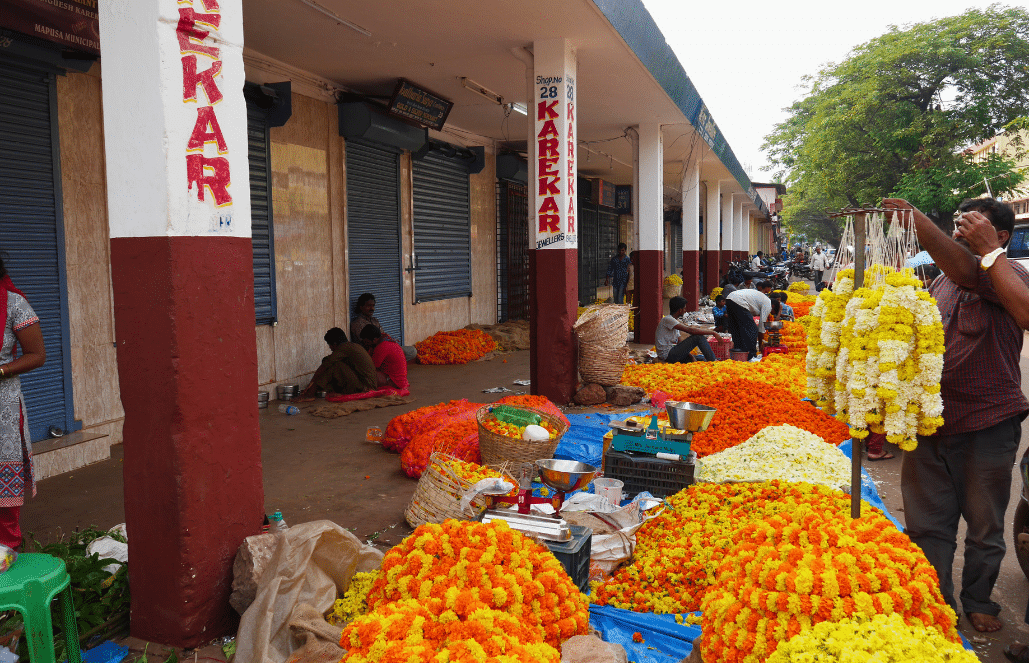
![product-5b5081ab56f9a.[1090] projects abroad cambodia VolunteerForever](https://www.volunteerforever.com/wp-content/uploads/2018/03/product-5b5081ab56f9a.1090-projects-abroad-cambodia.jpeg)
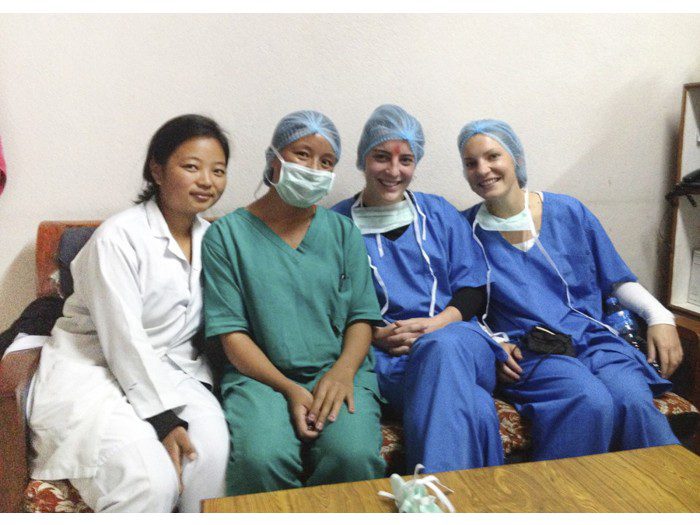
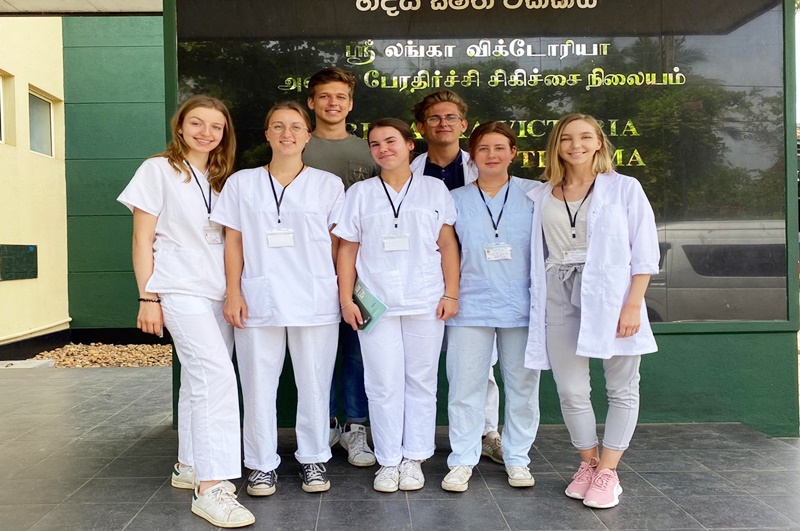
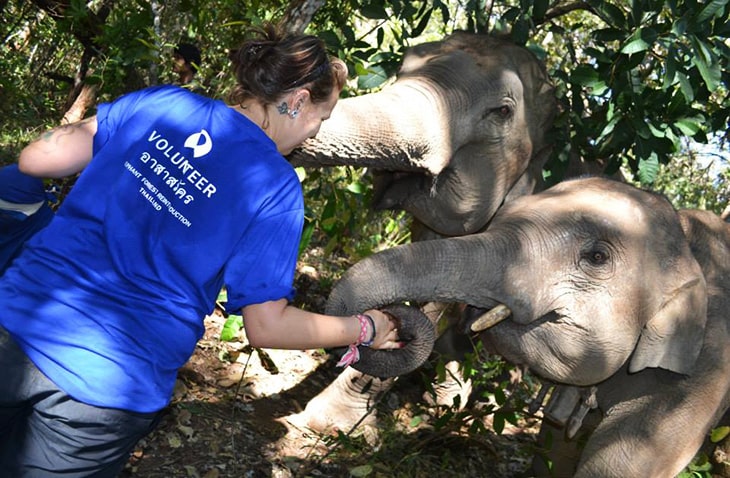



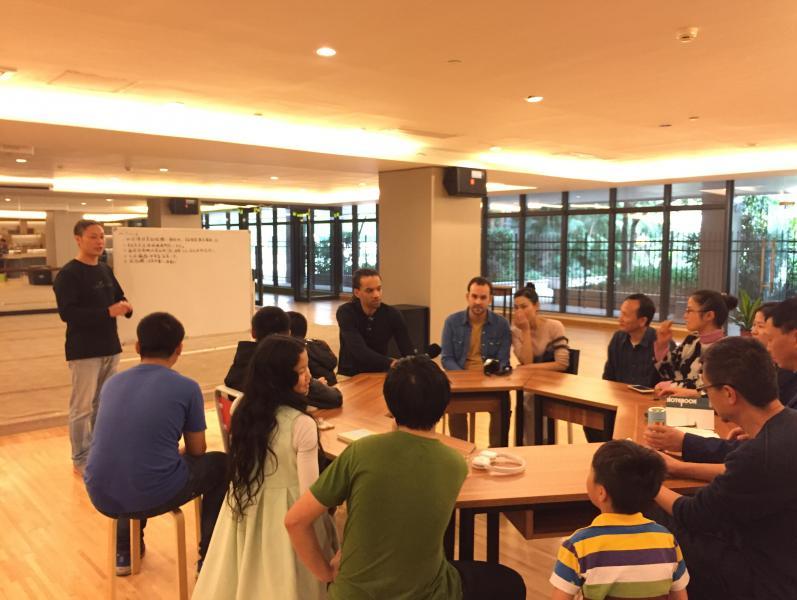
.jpg)

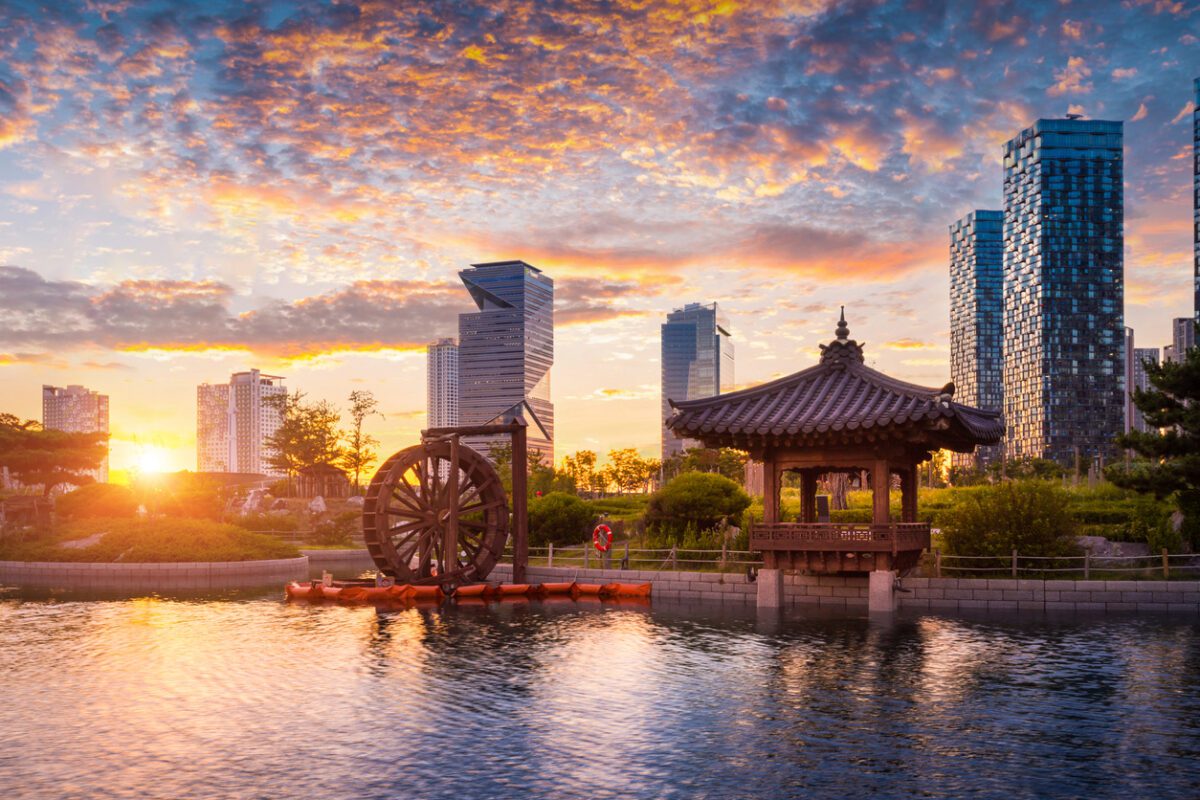
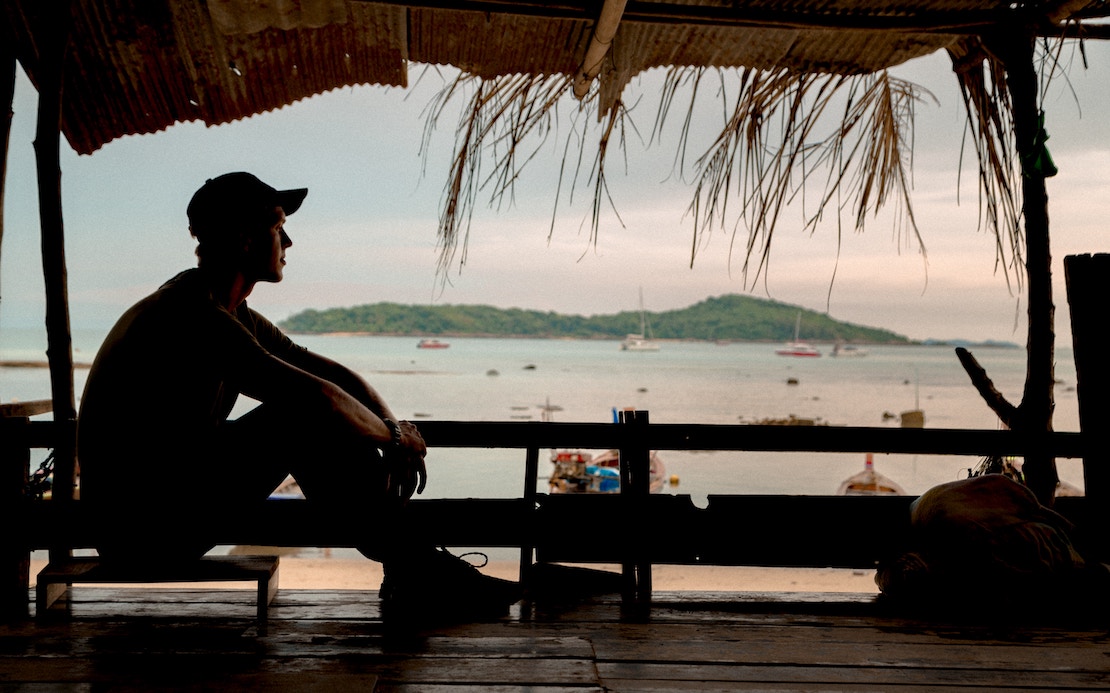
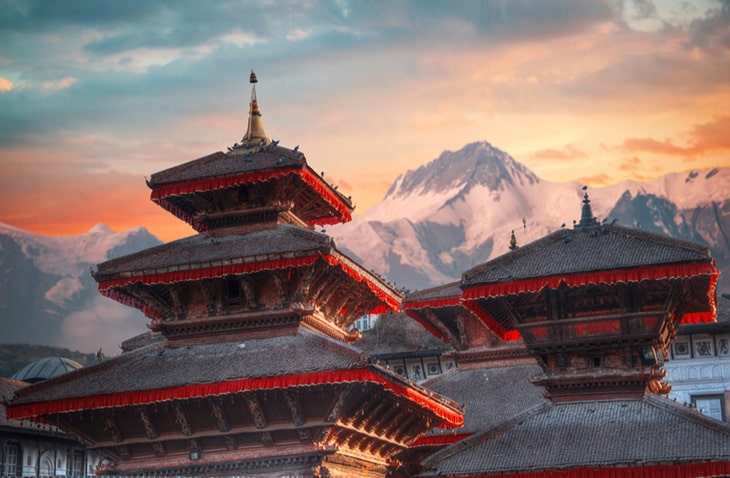


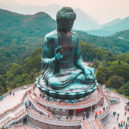


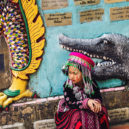






Nick Callos · Writer
With a BA in English Literature & Writing from Boston College, Nick researches and writes about volunteer, intern, and teach abroad programs worldwide. He has studied abroad and taught English in Chengdu, China, and aims to help fellow travelers make a lasting impact on the communities they visit.